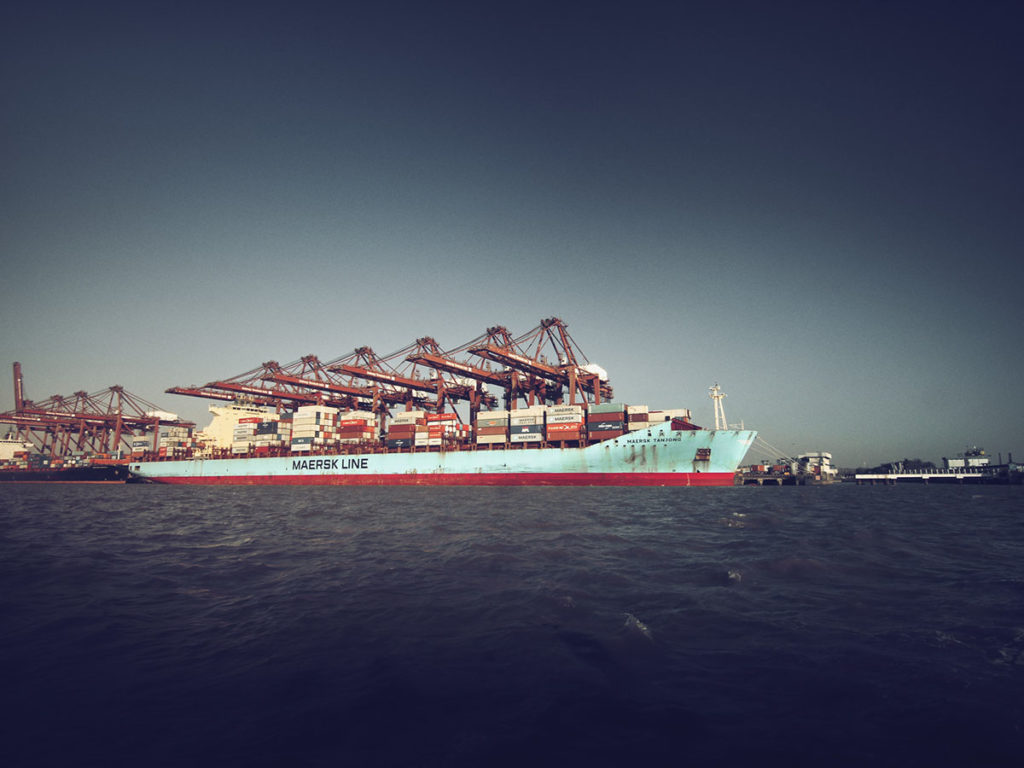Maersk and DWD have collaborated on the project since 2019

AP Moller-Maersk has in collaboration with the National Meteorological Service of Germany, Deutscher Wetterdienst (DWD), installed automated weather stations on 50 of its vessels. While crossing the largest oceans, the vessels transmit live data helping forecast weather and climate.
In the largest project of its kind, AP Moller-Maersk (Maersk) has installed automated weather stations (AWS) on 50 of its vessels creating a pulsating oceanic web of weather and climate observations. All collected data is transmitted live to the National Meteorological Service of Germany, DWD, supporting their weather forecasts and climate science.
Maersk and DWD have collaborated on the project since 2019 with the German service providing the 50 systems being installed on the vessels.
“We have an ambitious strategy for our business to achieve net zero greenhouse gas emissions in 2040, and we are proud to have our vessels and crews help researchers in gaining a better understanding of this key global challenge and the impact it has on our surroundings,” commented Aslak Ross, Head of Marine Standards at Maersk.
Contribution to climate science
As a part of Maersk’s ESG strategy, the company has committed itself to contribute to climate science. Maersk vessels have also for years been operating within the global Voluntary Observing Ship (VOS) Scheme under the Global Ocean Observing System (GOOS) providing regular weather observations, but it has been done manually resulting in a slow process of data sharing.
By implementing AWS, the vessels can deliver precise high-quality and standardized data in real-time giving DWD useful insights about the current meteorological situation at sea. The data provided is shared globally with all members of the World Meteorological Organization (WMO).
“The collaboration with Maersk continues to have a positive impact on the maritime industry,” remarked Darin Figurskey, the global lead for Ship Observations Team (SOT) under GOOS and a forecaster at the U.S. National Oceanic and Atmospheric Administration (NOAA).
Improving safety
“As a global container logistics company, we are moving millions of containers across the oceans every year, and weather routing is extremely important to ensuring safe travel of our crew and our customers’ cargo,” added Ross.
Approximately 300 fully owned Maersk vessels are gathering and sharing their weather and sea-state observations with the VOS. Recently, Maersk also announced that it releases all historical and future ocean weather observations into the public domain for free use by the scientific community around the globe.
Want to stay updated on the latest industry news and trends? Subscribe today to receive your monthly news highlights directly in your inbox!










